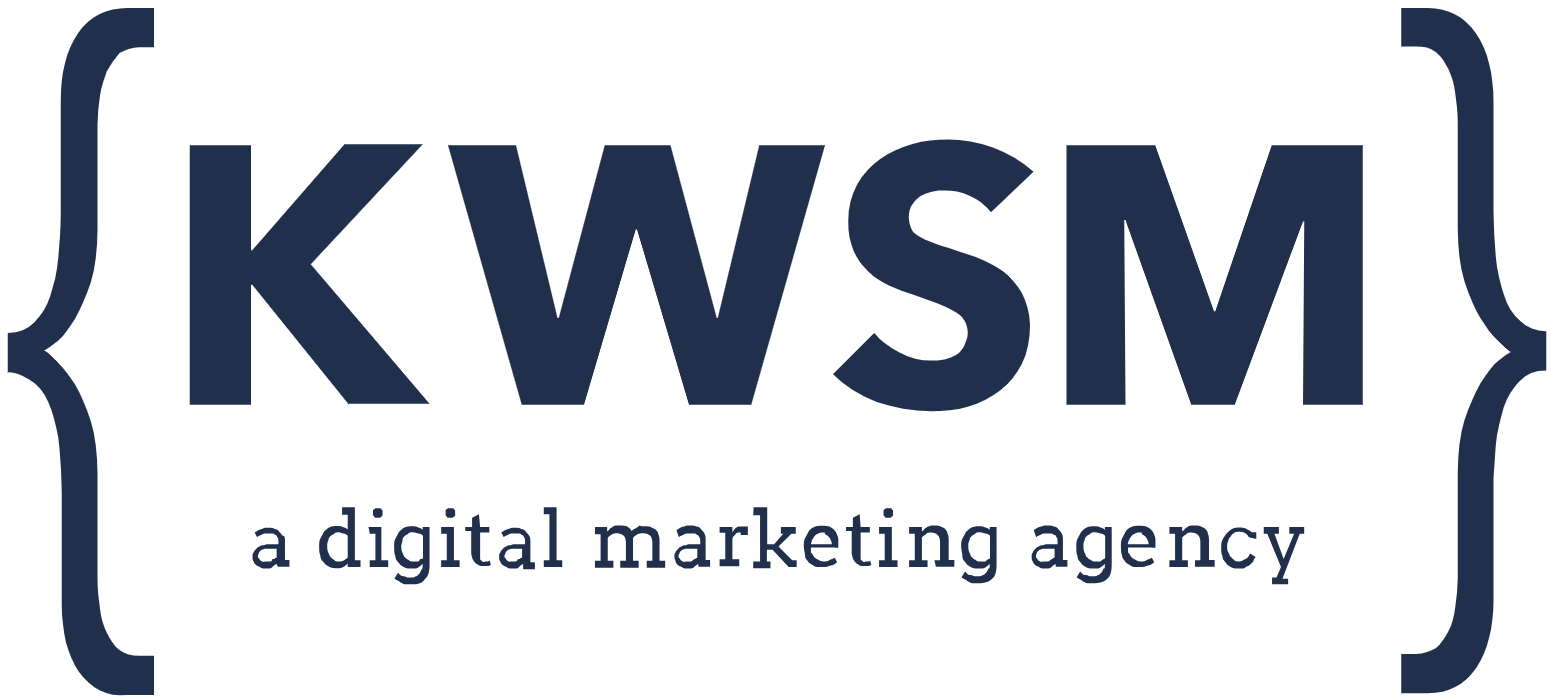
Your website is one of the most important tools for marketing your business, and a good website is the foundation of all successful social media channels. These days, a strong online presence is essential to building a professional reputation and demonstrating your credibility. Often, your website is the very first impression a consumer will have of your business, so it is important that your site represents your business in the best light possible.
Simple is Best
Once your business has a name, you will need to secure a domain name that reflects your company. Keep in mind that your first choice may already be taken, so think of several potential domain names in the event that your top choice is in use. Blogging platforms such as WordPress or Blogger are fairly user-friendly. However, if you don’t have experience building a website, it is generally worth consulting with a professional web designer. Design and development costs will be money well spent once your website starts attracting customers.
Make sure your website is easy to read and provides useful information for your customers. Keep in mind that simple layouts tend to work best. A white background with black text is always easy to read. Avoid colored backgrounds with colored text as much as possible, as this makes the text more difficult to read, and it can come across as looking unprofessional.
When designing the flow of your website, long-form and scrolling pages should be kept to a minimum. Organize your content using a navigation bar across the top of the site, and decide what information to place on each page in the menu. Keep each page simple, to the point, and easy to understand. Adding a search feature is also useful for potential customers. Have you visited a website and found it difficult to find the information you are looking for? It can be frustrating. By sticking to simple navigation, and adding a search bar, you will make your website easier to navigate, and ensure a positive experience.
Make it Easy to Buy
A well designed website needs to outline the products and services you offer, and provide accurate and up-to-date contact information. However, in today’s digitally driven environment, a website plays a powerful role in gathering leads. Consumers want as much information as they can gather in one sitting.
The most effective website will also contain testimonials about working with you. Potential customers want to hear what others have to say about you. Be sure to ask your customers to give you feedback, and include some of the best responses on your website. Including the full name of the customer – and a picture if possible – will hold the most credibility for prospects.
Drive Traffic to Your Site
Once you have your website ready, you want to make sure your site attracts a steady stream of prospects. Your site should be optimized so that it is easily found by search engines like Google and Bing. This means creating titles and keywords for each page on your site that are programmed into the back end. (Visible to search engines, but not to website visitors.) Ask your website designer if he or she is familiar with SEO (search engine optimization) techniques. They should be able to point you in the right direction.
Another way of pulling visitors back to your site is writing a blog. This gives you the opportunity to create articles on your site that offer potential customers helpful information. If your blog is published weekly, that gives visitors a reason to return to the site frequently to see the newest content. Focus on becoming a resource for your customers – don’t use your blog to sell, rather, use it to demonstrate your expertise in your area.
The more professional your site looks, and the easier it is to use, the more valuable it will be for your business. Don’t underestimate the power of your website, and don’t skimp on this important element of your marketing plan.
For more social media tips, you can always find us on Facebook!



